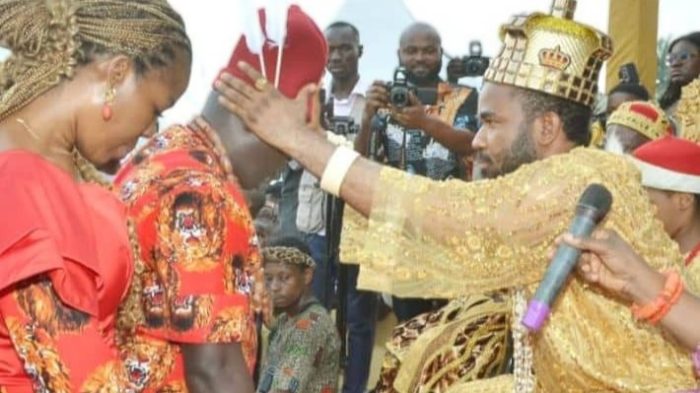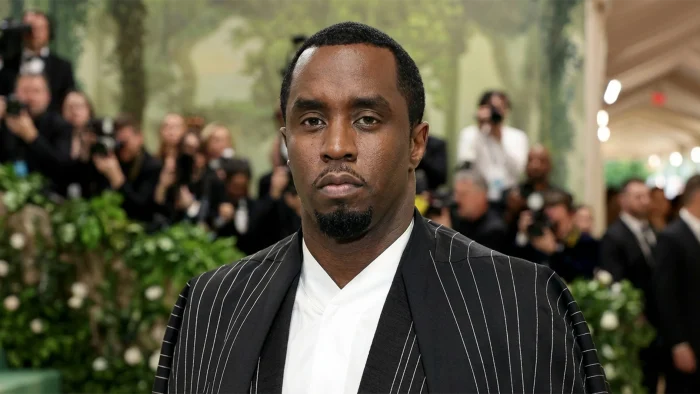Before Netflix and fancy premieres took over, Nollywood gave us stories that felt real. These movies didn’t need loud effects or expensive sets. They hit hard because they told our stories.
They made us laugh, cry, and think. Even now, many of today’s shiny blockbusters still can’t match their impact.
Here are five timeless Nollywood films that still carry more punch than some of the biggest new releases.
Osuofia in London (2003)
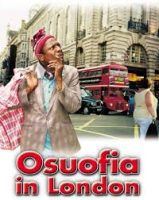
Nkem Owoh made magic in this comedy as Osuofia, a village man who travels to London to claim his late brother’s inheritance. He meets Samantha, the British fiancée of his brother, and the culture shock begins. The film stood out for its honest and hilarious take on how tradition clashes with modern life. Nkem’s delivery was brilliant and relatable, making this movie a fan favourite across generations.
Saworoide (1999)
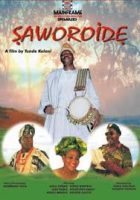
This classic by Tunde Kelani blended tradition and politics through the story of King Lapite, who ignored an ancient ritual involving a sacred drum. That decision led to disaster. Saworoide was more than a movie. It reflected the pain of dictatorship and corruption in Nigeria. With Yoruba language and powerful imagery, it became a symbol of truth, culture, and resistance.
Papa Ajasco (1984)

Created by Wale Adenuga, this comedy series became part of everyday life in many homes. With characters like the head-slapping Papa Ajasco, the dramatic Boy Alinco, and the clueless Pa James, it delivered laughs while pointing at real issues in society. It spoke about infidelity, poverty, and greed in a funny but thoughtful way. The show was loved across Africa and proved that simple stories could travel far.
Omo Ode De (2007)
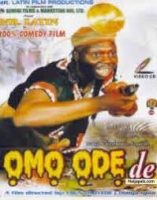
In this mysterious tale, a village hunter meets a strange spirit while searching for bush meat. That moment changes everything, pushing him into a new reality. Written and produced by Bolaji Amusan, popularly known as Mr Latin, the film explored spiritual discovery in a way that felt fresh and intriguing. It reminded us that stories can be simple and still carry deep meaning.
October 1 (2014)
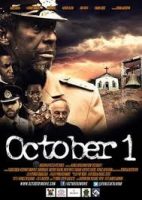
Directed by Kunle Afolayan and written by Tunde Babalola, this film followed Inspector Danladi Waziri as he investigated serial killings in a village on the eve of Nigeria’s independence. The story touched on child abuse, religious hypocrisy, tribal conflict, and colonial injustice. With its strong acting and beautiful cinematography, it gave viewers both a history lesson and a gripping thriller. Sadiq Daba’s performance stood out, and the film quickly became a national conversation.




